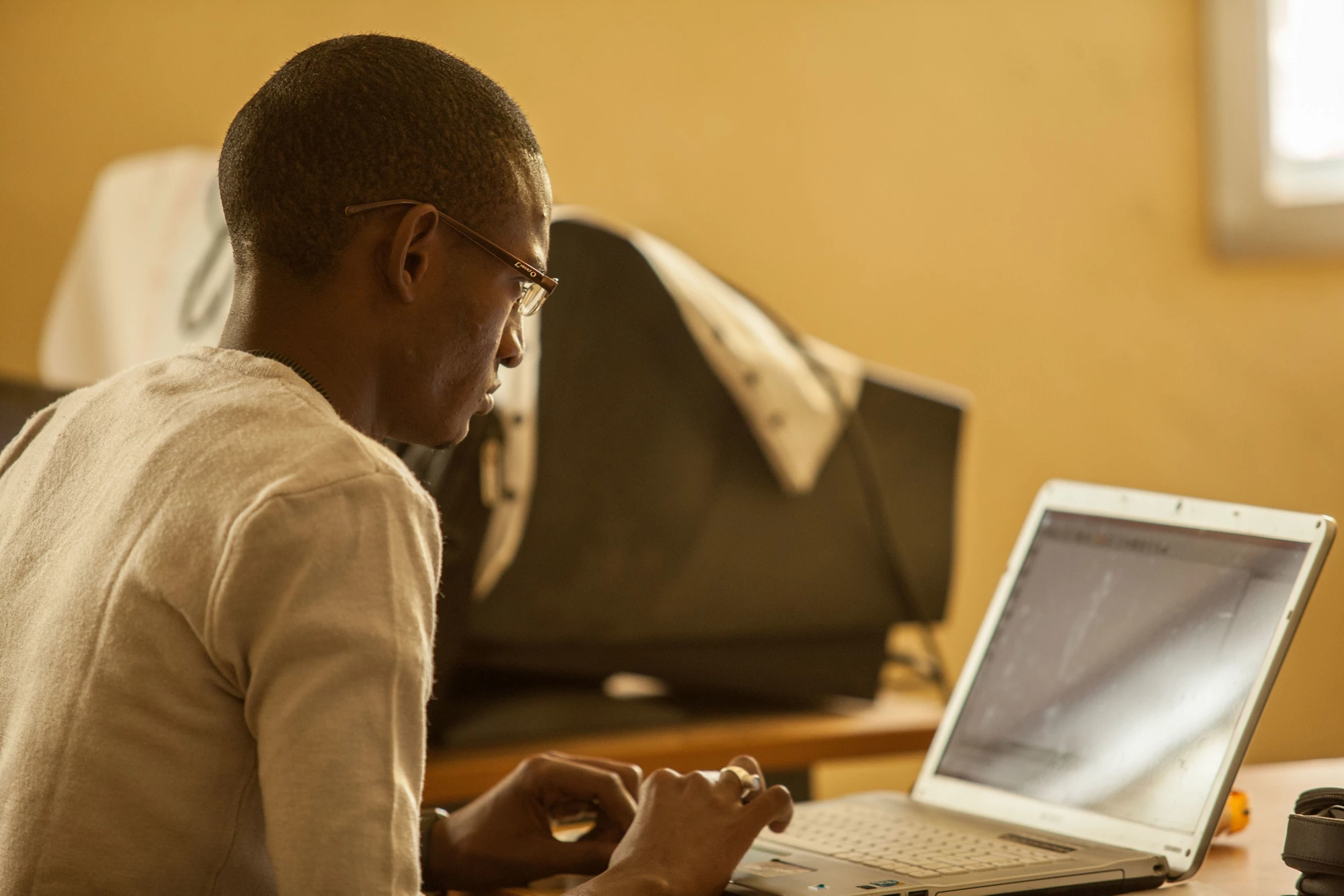 Photo by: Sarah Farhat
Photo by: Sarah Farhat
As the new year begins, I am pleased to announce that the World Bank Group’s next World Development Report (WDR) for 2021 will be on Data for Development.
WDR 2021 will be the first WDR report on the role of Data for Development
This topic comes at a critical time for development. We know that high quality development data is the foundation for meaningful policy-making, effective public service delivery, transparent accountability and increased economic activity through private sector growth. As we enter the final decade in which to achieve the Sustainable Development Goals (SDGs), we find ourselves amid revolutionary changes in how we collect, manage, curate, analyze and use data. It’s claimed that more data was created in 2015 and 2016 than in all previous years combined. Fixed internet traffic is expected to double, mobile internet traffic to quadruple between 2017 and 2021. New business models based on the collection and analysis of data have gained increasing economic significance, with data-oriented companies now among the largest globally by market capitalization. Even as these technological advances improve the availability and use of data, data is still scarce where it’s most needed.
How can these varied data sources help inform development policy and improve the lives of poor people? What policies are needed so that the developing world can capture the economic opportunities offered by the data-driven economy while minimizing associated risks?
While data issues are being widely debated globally, the contribution of the WDR 2021 will be to address data-related questions from the perspective of low- and middle-income countries.
Current data landscape and the opportunities of integrating public and private data
Traditionally, development policy has relied on public data collected for specific purposes such as national accounts, household and firm surveys, and data collected through administrative systems such as birth records, pensions, tax records and census. Governments have been central to these efforts, but public data collection methods can be costly. As a result, surveys are performed infrequently, and often lack the granularity necessary to make meaningful inferences about small, sub-populations of interest.
The recent explosion of data has largely come from private sources, such as mobile phones, electronic transactions, and satellites. Such data is collected cost-effectively, with high frequency, and at fine levels of granularity, typically by private sector actors.
The WDR will examine how the two types of data can complement and improve each other – with public data offering better coverage of populations of direct interest for development policy, and private data offering greater frequency, timeliness and granularity.
New institutional frameworks to manage a range of regulatory, policy and governance challenges
Alongside the tremendous opportunities offered by integrating both public and private data comes a significant array of policy and governance challenges. Greater access to broadband services and modern data infrastructure is foundational for less developed countries – and their poorest citizens – both to create and make use of such data.
The sheer variety, volume and sensitivity of digital records raises a host of issues related to the ownership, protection and security of data. And the global reach of digital platform enterprises places data at the center of current debates on anti-trust regulation, posing significant economic policy challenges in areas as diverse as taxation and international trade. Dealing with such a complex agenda will entail a new institutional framework for data governance; both at the national and international levels.
Over the next year, the WDR will be prepared under my overall supervision with co-directors Robert Cull, Vivien Foster and Dean Jolliffe. Malarvizhi Veerappan will be the report manager. Robert Cull is a Lead Economist and is the acting Research Manager for Finance and Private Sector Development in the Development Research Group. Vivien Foster is the Chief Economist for the Infrastructure Vice Presidency, which covers the areas of Digital Development, Energy and Extractives, Transport and Infrastructure Finance. Dean Jolliffe is a Lead Economist in the Development Data Group, co-leads the Global Poverty Measurement Team (PovcalNet), and a member of the Living Standards Measurement Study team. Malarvizhi Veerappan is the Program Manager and Senior Data Scientist and leads the Data management and Services team in the Development Data Group.
Over the coming months, we will conduct consultations with various stake holder groups. As a first step in the process, we will publish the concept note in a few months. I would encourage you to follow our work, stay engaged and contribute as we make progress towards the publication release in January 2021.
Are you excited as much as we are? Do you already have ideas to share on how data can serve the development needs of the poor and vulnerable? Leave your comments here, so we can continue our conversation.


Join the Conversation